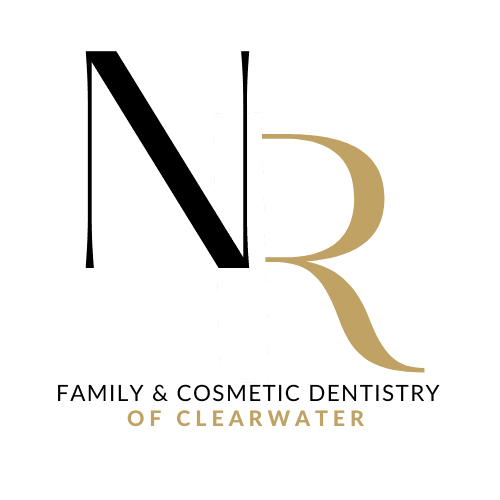Teeth are the unsung heroes of our bodies. It’s in our mouths where good nutrition starts to keep our bodies healthy. They are what others see when we smile. When meeting someone for the first time, we all want to make a good impression; we make sure our hair is combed, our clothes are clean and fresh, and we want our teeth to look good as well.
Within a few months of life, we develop our first set of teeth. Around the age of six, we start to lose them as our adult teeth push through and by the age of thirteen or fourteen, we have completed the process and have all our adult teeth (with the exception of wisdom teeth). You only get one set of adult teeth so it is wise to take good care of them by preventing cavities.
What Is A Cavity?
Most of us have had at least one cavity in our lifetime. You might be wondering what exactly is a cavity. Cavities are also known as tooth decay. This is what happens to teeth when the tooth enamel wears away. Eventually, if enough enamel wears away, the soft tissues and nerves within the tooth will be exposed. One of the first signs that we may have a cavity is sensitivity to temperature and touch. It may also affect our ability to chew properly. After the common cold, cavities are the most frequent ailment to affect humans.
What causes cavities? More importantly, how do we prevent them? And if we are unlucky enough to have one, how do we fix them? Dr. Natasha Radosavljevic of Clearwater Dentistry in Clearwater, FL is here to answer those questions and any other dental questions you might have.
How Do Cavities Form?
Our mouths contain lots of bacteria. These are needed to help break down the food we eat and most of the bacteria are harmless to our teeth. The bacteria particularly like sugary, starchy foods such as candy and chips. The more of these foods that we eat the more bacteria are produced. As the bacteria break down the foods, they produce acids. These acids bind to the plaque already in our mouths hiding between our teeth and gums in those hard to reach places. As the acids bind to the plaque, they eat away at our ename and thus a cavity begins to form.
How Are Cavities Treated?
The easiest and most efficient way to treat a cavity is by your dentist with fillings. The dentist will use various substances to fill the cavities and reinforce the tooth enamel. Once the cavity is filled, the tooth decay process is stopped since the bacteria and acids can no longer invade that area. There are a number of materials that the dentist can use to fill your cavities: gold, silver, glass ionomer or composite resin. Depending on your situation, Dr. Natasha Radosavljevic will work with you to decide the best course of action for your situation.
Preventing Cavities
Of course, with anything in life, prevention is the key and this can be said of cavities as well. The best defense against cavities is good oral hygiene. This starts with brushing your teeth after meals or at least twice a day. Be sure to use a toothpaste that has fluoride to remove any place that may have formed. Flossing between teeth is necessary to remove plaque and any food particles left. Both of these efforts help to prevent cavities from forming.
The last part of good oral hygiene is regular check-ups, including a thorough cleaning by a hygienist. For patients living in or near Clearwater, FL, please consider Dr. Natasha Radosavljevic for your dental health needs at (727) 360-4302 or schedule online. If you think you have a cavity or want to get started on good preventive care, please call us today!
